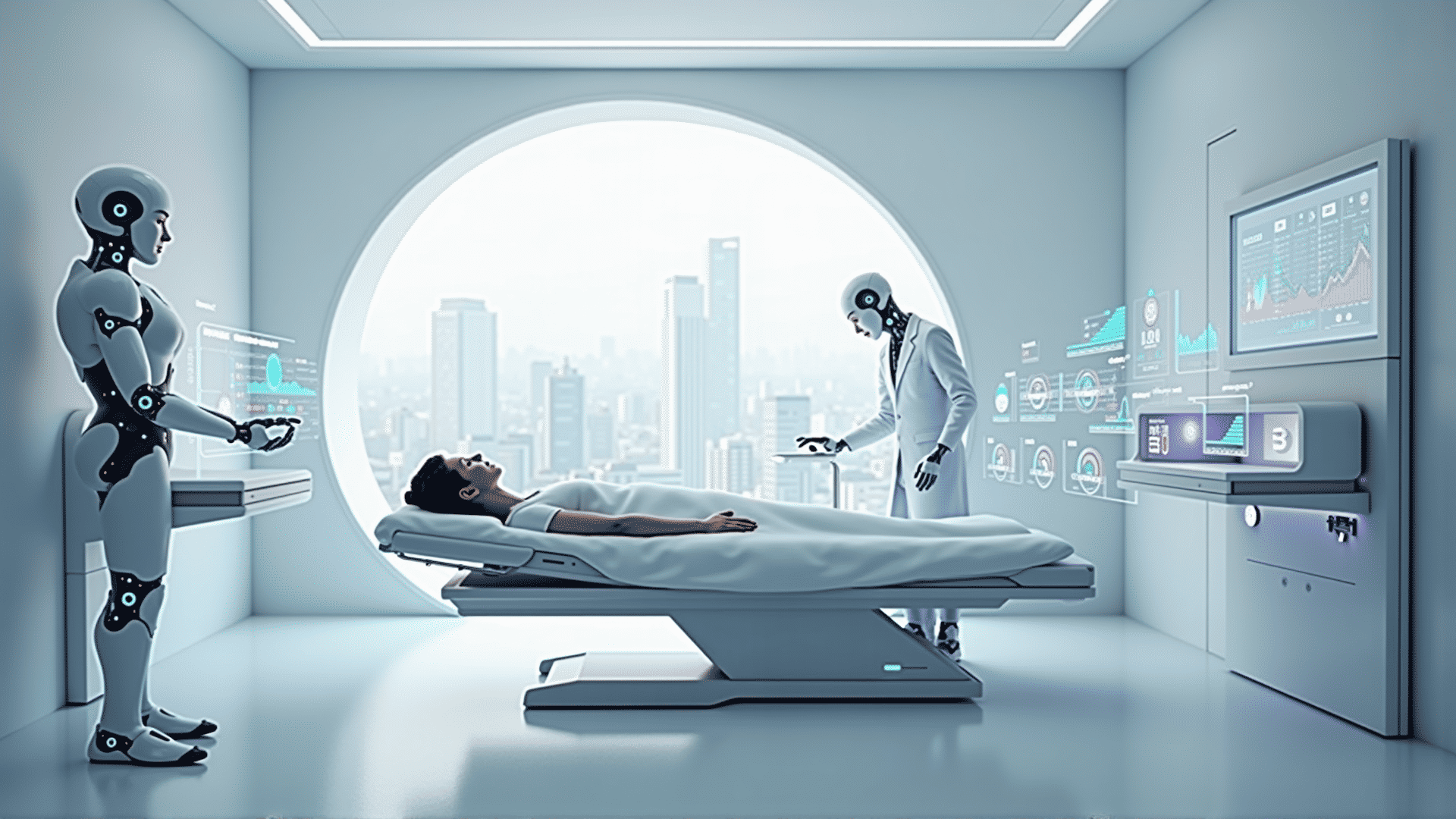Nanotechnology, the manipulation of matter on an atomic, molecular, and supramolecular scale, is ushering in a new era in medicine with the potential to transform healthcare as we know it. This innovative field is providing groundbreaking solutions that range from targeted drug delivery systems to advanced diagnostic tools, offering new hope for patients across the globe. As these technologies evolve, they are paving the way for more precise, personalized, and efficient medical treatments.
One of the most promising applications of nanotechnology in medicine is targeted drug delivery. Traditional drug administrations often affect both healthy and diseased cells indiscriminately, leading to undesirable side effects. Nanotechnology addresses this challenge by creating nanoparticles that can encapsulate drugs and deliver them directly to diseased cells, minimizing damage to healthy tissues. By using targeting ligands, these nanoparticles can recognize and bind to specific markers on diseased cells, ensuring that drugs are released exactly where they are needed. This precision decreases side effects and enhances the effectiveness of treatments, particularly in cancer therapy.
Moreover, nanotechnology is playing a critical role in advancing diagnostic techniques. Nanoscale sensors can detect diseases earlier than traditional methods by identifying biomarkers at ultra-low concentrations. For instance, nanowire and nanopore sensors can analyze biological samples with extraordinary sensitivity and specificity, enabling early disease detection which is crucial for improving prognoses. Additionally, the development of nanoscale imaging agents is enhancing the clarity and resolution of medical imaging, allowing for more accurate diagnoses.
Aside from treatment and diagnosis, nanotechnology is making strides in regenerative medicine. Nanomaterials are being used to engineer tissues and organs, offering the potential to replace damaged ones. These materials can mimic the properties of the extracellular matrix, providing a scaffold for cells to grow and regenerate tissues. In the future, this could lead to the creation of artificial organs, reducing dependence on organ donors and transforming transplantation medicine.
The integration of nanotechnology into healthcare is also fostering advancements in personalized medicine. By analyzing an individual’s genetic makeup, nanotechnology can be used to design personalized treatment plans that are tailored to the specific needs of the patient. This customization ensures higher efficacy in treatment protocols and maximizes the therapeutic benefits while minimizing risks.
Despite its promise, the application of nanotechnology in medicine does not come without challenges. There are concerns about the long-term safety and environmental impact of nanoparticles, which need to be addressed through thorough research and regulatory oversight. Furthermore, navigating the ethical implications and ensuring equitable access to nanotech-based treatments are essential considerations as the technology progresses.
In conclusion, nanotechnology is poised to revolutionize the healthcare industry by delivering more precise, efficient, and personalized medical solutions. As research and development continue to advance, nanotechnology promises to reshape the landscape of medicine, offering innovative therapeutic and diagnostic tools that could significantly improve patient outcomes worldwide. The journey is just beginning, but the potential benefits this technology holds for the future of healthcare are indeed monumental.
